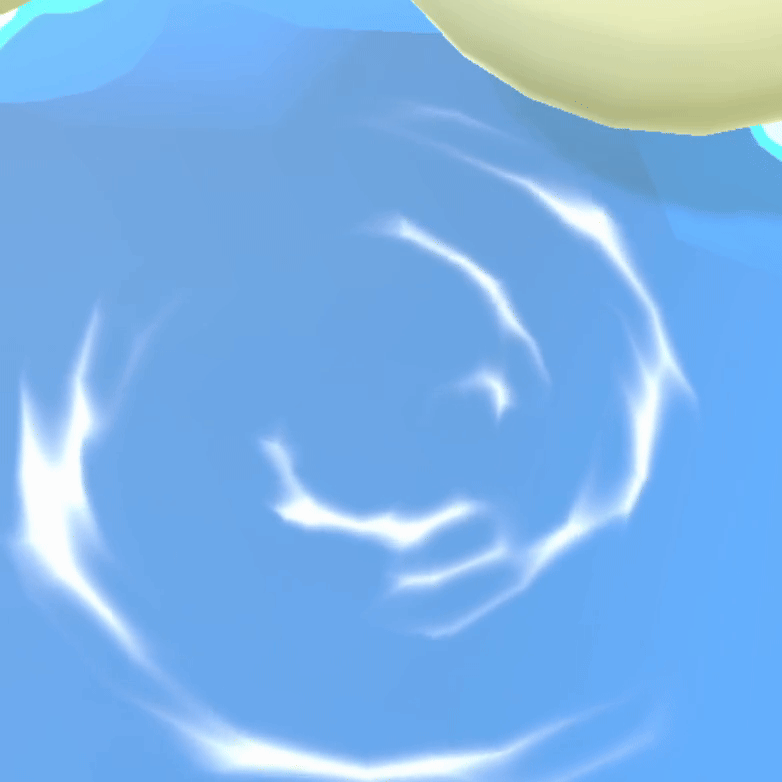
Stylized Water Composite Shader


Stylized Ripple Water Shader
waterfall effect

sharp vortex VFX
<waterfall effect>


1. Voronoi Noise: The shader generates a Voronoi pattern, creating random, cell-like shapes often used for textures like marble.
2. Remap: The Remap node adjusts the Voronoi noise values, mapping them from one range (e.g., [-1, 1]) to another (e.g., [0, 1]) for color control.
3. UV, Split, One Minus, and Noise:
UV: Used for texture sampling.
Split: Separates the UV components.
One Minus: Inverts the UV values to alter the pattern direction.
Noise: Adds random variation to the pattern.
4. Combining: The shader combines these elements to create a dynamic, textured effect with random variations.
This setup generates a unique, evolving pattern with color adjustments and noise, often used for surfaces like water or marble.
<sharp vortex VFX>



1. UV Distortion: Add noise to the UV coordinates for a swirling pattern.
2. Detail Noise: Introduce additional noise to enhance texture complexity.
3. Color and Contrast: Adjust colors and intensity to create a clear transition from the center to the edges.
4. Sharp Edges: Use power functions and remaps to define the vortex's edges.
5. Refinement: Fine-tune the strength of the effects for a clear, defined vortex.
This process enhances the sharpness of the vortex center and edges while keeping it visually dynamic.



